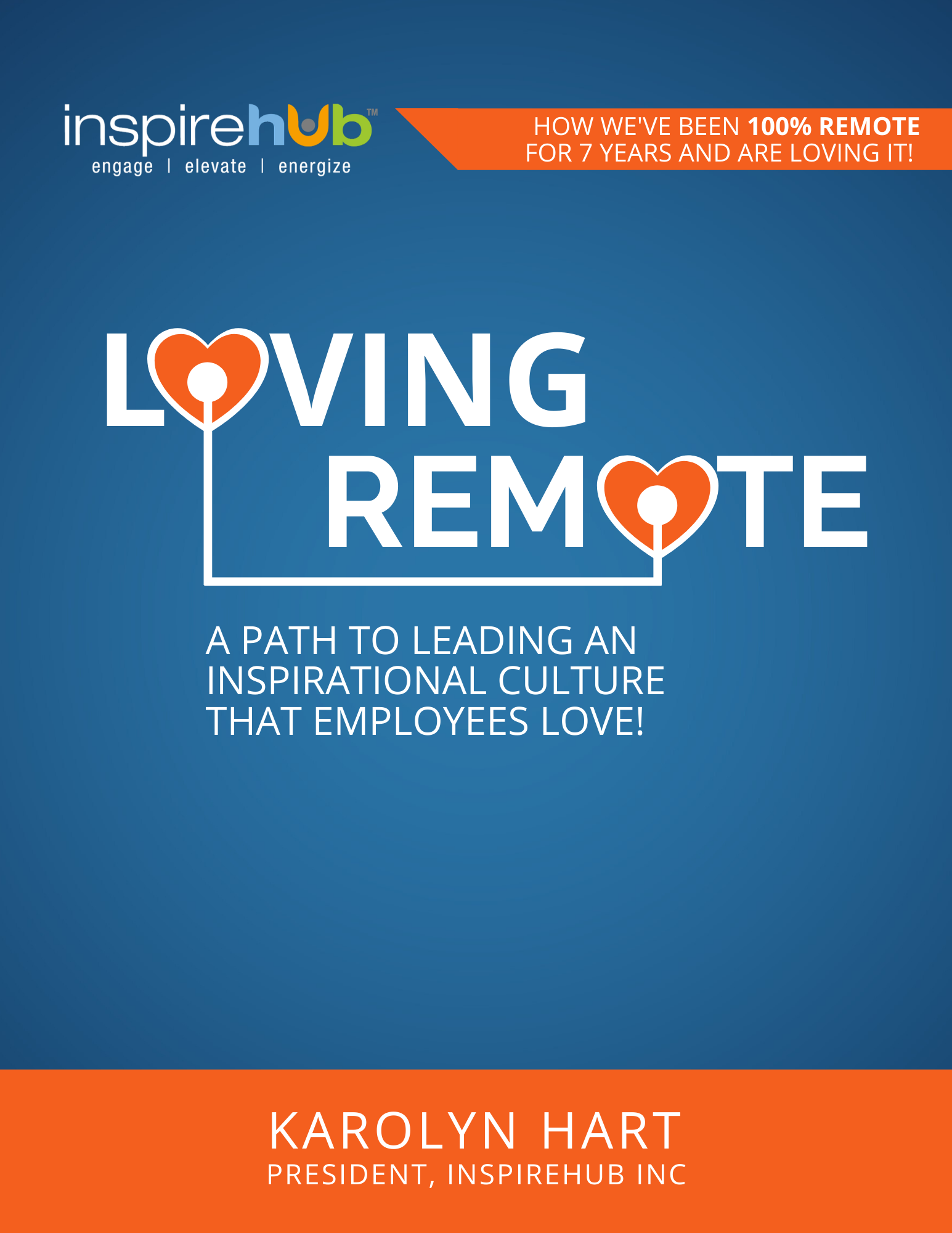
Does your team execute sales calls, negotiations, and business development meetings with excellence? Or, do you find yourself getting frustrated with the direction and quality of dialogue in key meetings?
Often, meetings are prepared for with planning around the timing and logistics. Usually, there will be research on the companies and the people who are involved in the discussion. However, I’m amazed at how infrequent adequate preparations are given around sharpening the most powerful tool in the human language: Questions.
You have discussed your goals for a meeting—whether it’s to negotiate better terms, or complete a deal—they are your destination. However, you must construct paths that will get you to that destination. The questions you ask and the dialogue they generate create those paths.
This process of clarifying desired outcomes and the questions that are most likely to guide you toward realizing them is what I call questionation.
There are five types of questions to develop for any selling- or negotiation-oriented dialogue.
Like the best programmers who write the most efficient code possible with the fewest commands possible, you want to create the shortest list of questions that will touch on all areas of inquiry, and get you to your destination as expeditiously and successfully as possible.
No. 1: Fact questions.
You want to ask as few of these questions as possible. This is because they elicit a so-what type of emotional response and burn out the person being questioned. They are questions that start with words like how, when, who and where. These questions are just getting facts.
No. 2: Objective questions.
These questions yield the objectives, challenges, problems or desired outcomes of your partner in dialogue. Usually, there is a pain at the root of the answer or at least a desire, and thus a frustration, with the current situation. “What is it you would most like to improve or achieve?” is an example of this type of question.
No. 3: Consequence questions.
These questions yield the cost of not changing the situation or delaying the accomplishment of the objective. Ideally, this is when you will dollarize the cost of not solving a problem or not reaching an objective. Pinching the pain by asking, “What does it really cost you each day that your situation remains the same?” helps to identify just how much pain or loss occurs by not reaching the objective sooner.
No. 4: Upside questions.
These questions identify the value realized once the objective is accomplished. These answers can be dynamically different from the consequence questions because once the objective is realized, there could be a whole new dimension of performance and thus significantly higher level of value that can be realized. Asking, “What does achieving this objective help you to do going forward?” can help to find future value not just reduction of costs.
After identifying all the possible costs and upsides—thus the real why your client wants to achieve a certain objective—it is only then that you can begin to redirect his or her thoughts toward steps that will get the two of you moving together toward a mutually desired destination. Do this with solution-step questions.
No. 5: Solution-step questions.
These questions advance the dialogue and tee up the next steps. It is far easier to win a relationship or negotiation with a choice of yes answers versus a yes/no outdated and manipulative closing approach. These questions can include asking about the best next steps to take, timing or measure.
Preparing with your team by creating clear meeting objectives and a questioning vocabulary has much more value than knowing about every little detail you can research. Questionation is your tool for success.
You are in a battle for the best people in the marketplace. To get them, you need to be the best workplace. To be a great place to work, you need a compelling culture.
About Mark Faust
Each Tuesday, turnaround consultant Mark Faust will be sharing his expertise on how to turn around your small business. His blogs will be filled with practical insights and basic turnaround strategies designed to guide you through crisis leadership and change management. You'll be able to tap into tips on everything from profitability issues, business continuity plans and pandemic pivots to operational processes, marketing and customers additional value.
As one of the companies he helped grow, we know first hand how inspiring his leadership is and just how well it works! Mark has also agreed to make his best-selling book ‘Growth or Bust’ available, free of charge, to any small business to help them create their own effective turnaround plan. We’ll be sharing that with you soon.
You can learn more about Mark and his company, Echelon Management, by clicking here.
Looking for more small business help?
.png)
The Ultimate Small Business Survival Guide is Here
We've been helping InspireHUB clients not just survive during this time but THRIVE! We collected all of our advice and made it available for FREE as our great big give-back during this difficult time. Included in this FREE Guide:
- Transformation Readiness Assessment
- Practical Marketing Help
- Proven Strategies to Pivot Your Company

Lead an Inspirational Remote Work Culture that Employees Love!
At InspireHUB, we get it. We've been a 100% remote workplace for more than 7 years, and are the first to admit we were UN-InspireHUB while we learned to grow into it.
 because we saw so many people struggling as they've had to adapt to this new way of working overnight.
because we saw so many people struggling as they've had to adapt to this new way of working overnight.
Here's how you can use it to grow YOUR small business too ...
Included in this FREE Guide:
- Why your remote team is experiencing fatigue.
- Understanding how leaders and employees have vastly different remote experiences.
- The lines you cannot cross with employee privacy when working remote.
- How to gamify your remote workforce.
- The rules of virtual engagement when it comes to working remotely.
- How the rules of meeting etiquette change in virtual meetings and why you must understand the difference!
At InspireHUB, we’ve been blessed with a network that includes some of the foremost leaders in the world. A few years ago, we had the pleasure of meeting Mark Faust. Mark has over thirty years of experience in helping companies turn around through his company Echelon Management International. The brands he’s helped include John Deere, Apple, Bayer, IBM and P&G. He also helped me personally and professionally with InspireHUB as we morphed to become the company we are today.
His insight and expertise are invaluable, but realistically, the majority of small businesses would never get access to a “Mark” due to the size of their budget. Having someone like Mark literally can be a life-saving exercise for any size business. What impressed me the most about the work Mark and I did together was the bulk of it was not business tactics and strategy; it was about myself as a leader. Understanding what motivated me, where I found my hope, what would INSPIRE me to wake up every day and work on this business.
What’s the greatest constraint to growing your business; winning new business or recruiting and keeping great people? More and more, it is becoming the latter.
In 2009 I wrote “soon there will be a dearth of talent so significant, that bad work environments and unhealthy cultures will become much rarer. This will be due to the greatest onslaught of people ever to hit our economy, Baby Boomers, leaving the workforce.



